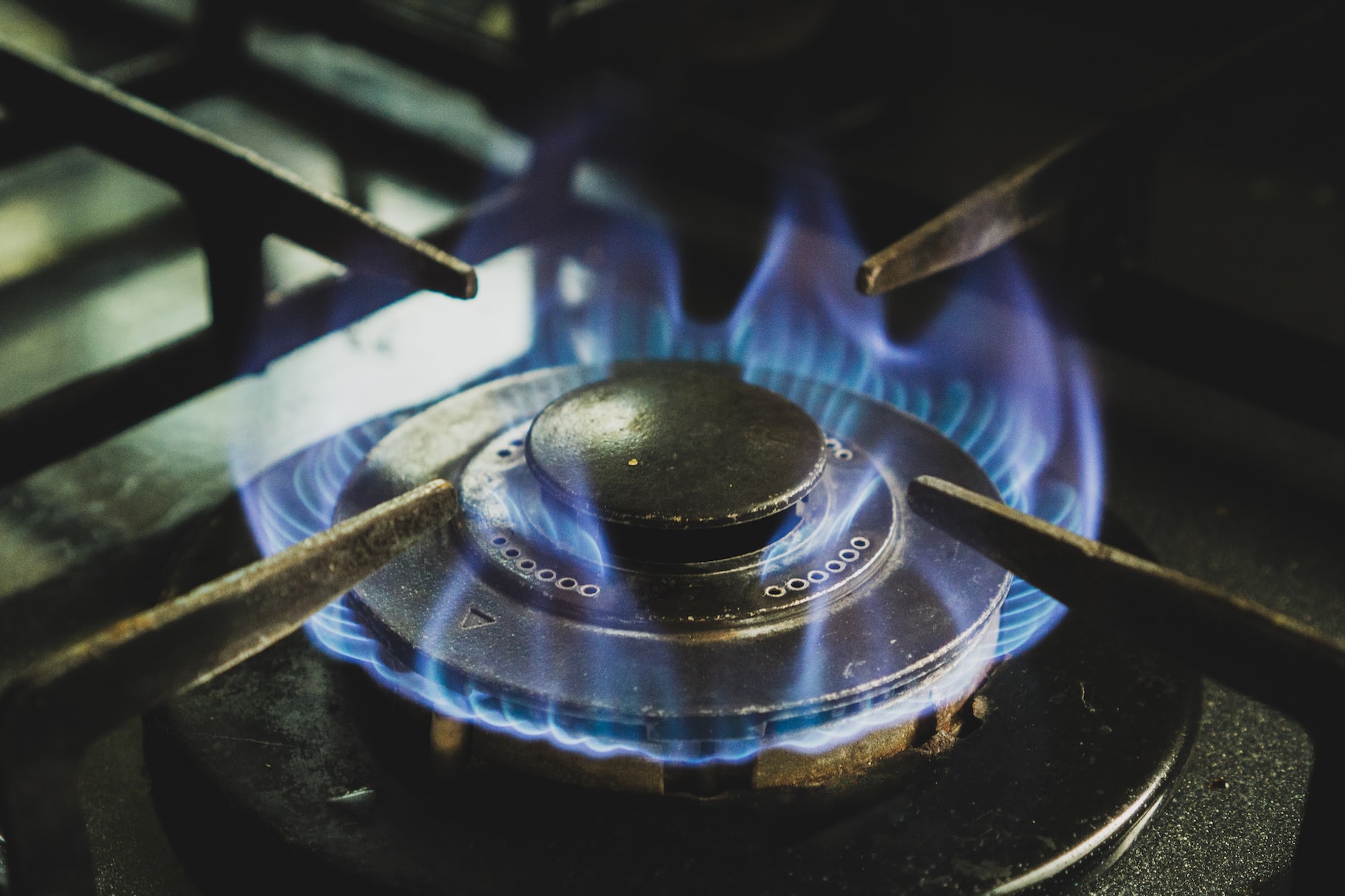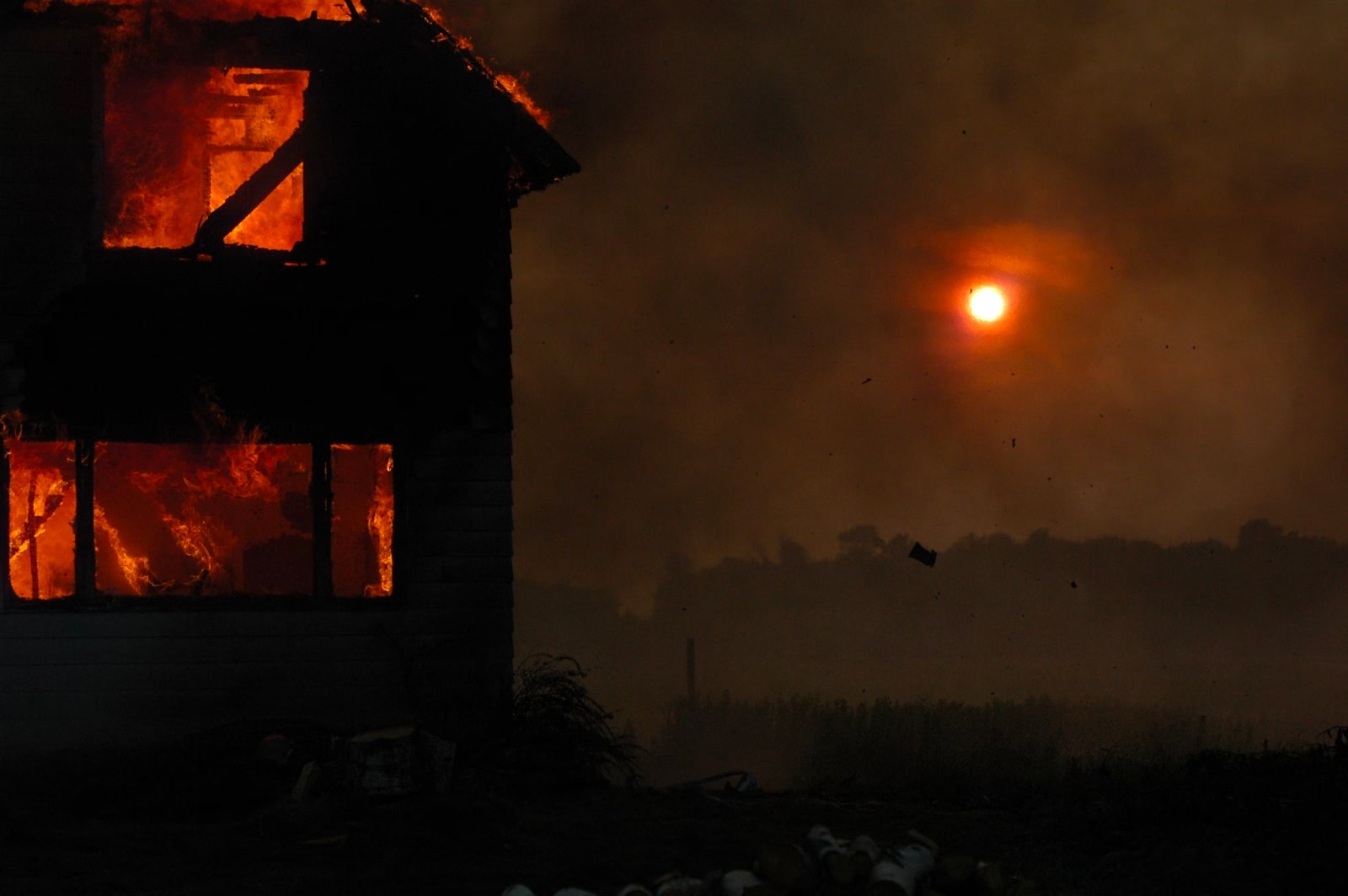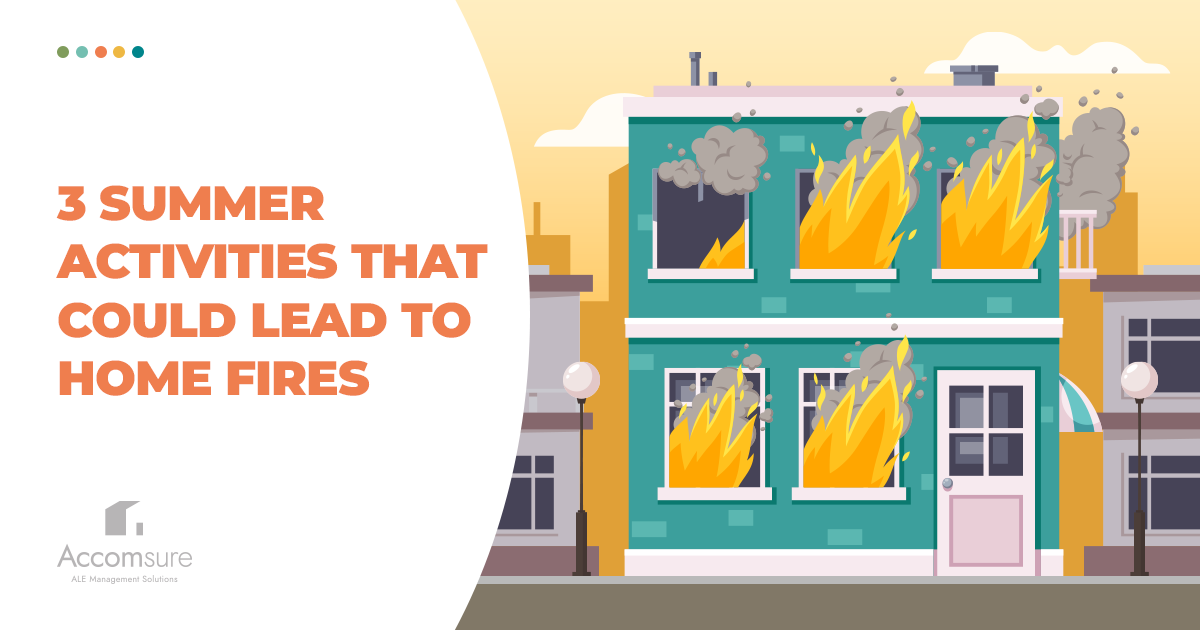On average, 24,000 house fires affect Canadian policyholders every year.
From cigarettes and campfires to faulty air conditioning units, there are various leading causes of house fires in Canada. In order to reduce these numbers and save policyholders and adjusters from displacement and increased workloads respectively, it’s crucial to be aware of the leading causes of house fires and how to prevent them from occurring.
In this article, we share three leading summer house fire causes that displace policyholders and increase Canadian home insurance claims annually, so you can be better prepared for the next house fire-related disaster.
1. Barbecue Grilling
When cooking with fire and fatty foods, things can become inflamed quickly. According to the National Fire Protection Association, grilling causes approximately 10,600 fires and $149 million in property damage annually.
Barbecuing puts all policyholders at risk, although those living in apartment complexes, especially above the main floor level, feel the heat more than those in single-family homes.
In the summer of 2019, an apartment building in P.E.I. lit up in flames due to a barbecue mishap. Fifty-two policyholders’ homes were engulfed in flames, destroying everything they owned, leaving them displaced with nowhere to go. This is just one example of an apartment catching fire due to a barbecue, but it is quite a common issue. So common that the Fire Prevention Act stated propane or charcoal barbecues need to be at least 10 feet away from the building in apartment complexes. Unfortunately, even after all the devastating apartment fires and new rules, fire inspectors found that 114 apartment buildings in P.E.I ignored their statement and had barbecues on balconies, much closer than 10 feet.
Although flipping burgers on a hot August evening brings families together, the aftermath and hundreds of thousands of dollars in damage can tear them apart and force them out of their homes. It’s important that you and your policyholders are aware of the life-threatening impact barbecues can have so you have a better chance of reducing the risks.
2. Cooling Your Home
While portable space heaters used in the winter months are the leading cause of 171 house fires across Canada in the last decade, air conditioners also pose many risks. Families with air conditioning may hang out in their homes during the summer months and crank their portable A.C. units, especially during Canada’s regular summer heat waves, without knowing the risks involved.
For example, in June 2021, an air conditioning unit caused a fire in a motel in Charlottetown, P.E.I., displacing 24 people–who were residing and self-isolating from COVID. Flames billowed out of the motel’s windows, spreading over the roof, and travelling into the attic, making it difficult for firefighters to extinguish the fire.
Although spending days in cool air-conditioned homes seems harmless, it can cause house fires, especially if not maintained frequently. If an AC unit bursts into flames, policyholders can quickly become displaced, adding to adjusters’ workloads.
3. Cooking

Although cooking isn’t an activity specific to the summer months, it remains the leading cause of home fires and home fire injuries all year round, regardless of the season. Between 2005-2014, 14,194 home fires were caused by cooking in Ontario alone, estimated at $100 million in total property damage.
When a policyholder fails to stay in control of their cooking, their home can be filled with black smoke within minutes, even when it only sparks a small flame. This can not only displace one policyholder but can cause a tragedy and affect the lives of surrounding neighbours, especially in apartment complexes.
Here are some key stats to know about house fires due to cooking:
- The vast majority of homes that experience cooking fires do not have sprinklers installed (NFID Canada)
- 8/10 cooking fires involve a stovetop (NFID Canada)
- Unattended equipment is the leading factor of home cooking fires (NFID Canada)
Not only does cooking displace thousands of policyholders annually, but it also puts many people at risk of death or serious injury. In order to reduce these numbers, policyholders must be aware of the importance of safe cooking by understanding the impacts fires can have on everyone involved.
How to Prevent House Fires
House fires starting in one room of a home can completely take over and light up the rest of your policyholder’s home. It’s no mystery that fires can seriously harm houses and individuals, so knowing the basics of how to prevent house fires is crucial.
According to Red Cross, here are the best ways to prevent a house fire this summer:
- Clean chimneys annually
- Never smoke in a bedroom
- Have an in-home fire extinguisher
- Never leave burning candles unattended
- Keep flammable items at least one metre from heat sources
- Stay in the kitchen when using the stove top
Extinguish Home Insurance Claims With Accomsure

Should your policyholder’s home engulf in flames this summer, ensure you are prepared with ALE management services.
At Accomsure, we understand just how stressful it can be to help policyholders with their immediate needs, especially if multiple of your policyholders are affected by a tragic fire. We handle your policyholder’s immediate needs so that you can focus on their claims and help them return their lives back to normal as quickly as possible. From finding temporary accommodations that meet their unique needs to reducing claim costs, you can lean on Accomsure for support.
We have a proven track record of helping policyholders and their immediate needs after a home fire. For example, we recently supported dozens of policyholders living in a multi-unit building and helped an insurance company save $120k on claim costs, and we’re ready to do the same for you.
Don’t struggle alone; submit a claim with Accomsure today.




